Outdoor Pavilion Design Ideas That Incorporate a Pergola
If you’re thinking of building a pavilion, or are working with one you already have, why would you want to add a pergola as well? Good question. In my opinion, a pavilion and a pergola are the perfect partners. One creates a solid, sturdy, room-like structure that protects from rain and sun (and is pretty easy to run electricity to, if you want to add fans, lights, or a kitchen setup), and the other adds style, beauty, and versatility. A pergola, with its open rafters, can be left as-is to let in the sun, or can be covered with fabric, vines, or other decorations. Pergolas can do amazing things when it comes to making a pavilion or gazebo fit and look natural in a landscape. But read on. We have some more reasons you should add a pergola to your pavilion, as well as some outdoor pavilion design ideas.
The Benefits of Adding a Pergola to a Pavilion
A pergola acts as a basic way to delineate a sitting area or ‘room’ outdoors, while a pavilion is a fully-covered gathering area, with a full roof and usually a concrete floor as well. When they’re built together, you can save a bit of time by using the pavilion as an anchor for your structure, essentially building a wall leaning type of pergola. Here are a few more benefits of building pergolas and pavilions together.
- Extended seating space: If you have a grill setup, fireplace, or outside kitchen underneath the pavilion, it’s likely that’s taking up a lot of your space for seating. You can increase the seating area by building out a pergola onto one of the sides of the pavilion–and you can do this much cheaper and easier than adding on to the pavilion.
- Versatile shelter: Pergolas, if given a simple covering, can provide shelter from the rain and sun while offering plenty of room for outdoor events (we’ve got more ideas for shading pergolas here). Unlike pavilions, though, a pergola is more versatile–take off that cover and you have a gathering area that is airier than a pavilion and lets the sun shine through (great in cool climates). You can even add an outdoor privacy screen to your pergola. A combination of a practical pavilion and a simple pergola gives you lots of versatility in any weather.
- Outdoor living: With a well-designed pergola and pavilion combo, you can essentially create an outdoor living space that allows you to cook meals or provides electricity in one area, while offering an attractive, nature-filled spot to relax in another (think twining grape vines, clematis, climbing roses, or honeysuckle).
Of course, there are a few things you need to keep in mind when combining the two. First, you’re going to need a lot of space. If you have a large yard that you’re trying to fill up, this may be the ideal option for you. However, if your space is limited, you’ll need to consider that when you choose your design.
Outdoor Pavilion Design Ideas That Bring Together a Pergola and Pavilion
While you’ll need a bit of space to work with a combined pergola and pavilion, with a good customizable plan, you can likely find something that works for your yard. A few design options to consider include:
- A standard pavilion with a pergola walkway: If you want a standard or large pavilion, but don’t have enough space to add a full-sized pergola, consider a narrow pergola which is designed to cover the walkway up to the pavilion. Vines and plants can be grown on the pergola creating an elegant entryway to the pavilion.
- Round pavilion with a standard pergola: A round pavilion is similar to a gazebo, except that it’s usually larger, isn’t raised, and doesn’t have to be octagonal. A round pavilion might allow you to save some space, which you can then use by adding a standard pergola next to the pavilion or attached to it.
- Raised pavilion with a standard pergola: This is a style you’ll see in concert spaces, where the main event sits on a raised pavilion, while the audience is seated under a pergola that can be covered or left with open rafters.
- Separate pavilion and pergola structures: This is a design which works great for a barbecue set up. The grill and/or kitchen area can go in a separate pavilion, while the pergola covers a picnic area. It’s also a great option if you’re dealing with an outdoor pool or bar area, where the space for seating is limited. Using this design, you can build a small pavilion by the pool, and create a separate picnic area by placing a pergola a short distance away.
If you build the two together, you’ll find, like I have, that a pergola works to set off a pavilion and adds an additional layer of complexity with a stylish design. Of course, your design is only as good as the materials you use. I suggest using ACQ-treated lumber along with hardware that stands up to the elements. In my last project I went all-in, using lots of ornamental wood ties. They add a touch of style without a lot of work. After all, you’re going to have to use wood connectors anyway. Why not use some that also add a bit of flair? Good ornamental hardware, such as what you get from OZCO, isn’t just ornamental–it’s completely practical as well, made from thick, HDG steel and covered in a tough powder coat.
OZCO is a good place to go to get everything you need for a pergola or pavilion project, including wood ties (like timber screws, rafter clips, and post-to-beam supports), stains and sealers, and post bases. They even have a wide library of plans that you can use to create the perfect design, and their hardware is time-tested to stand up against the elements so you know your structures are safe and secure. When building both a pergola or pavilion or both, OZCO your best bet for a safe and beautiful outdoor living space.


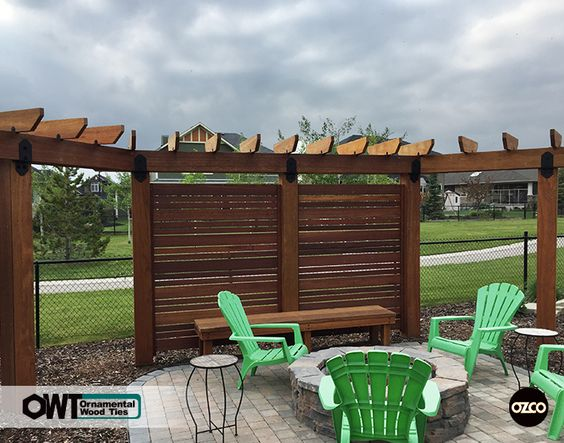
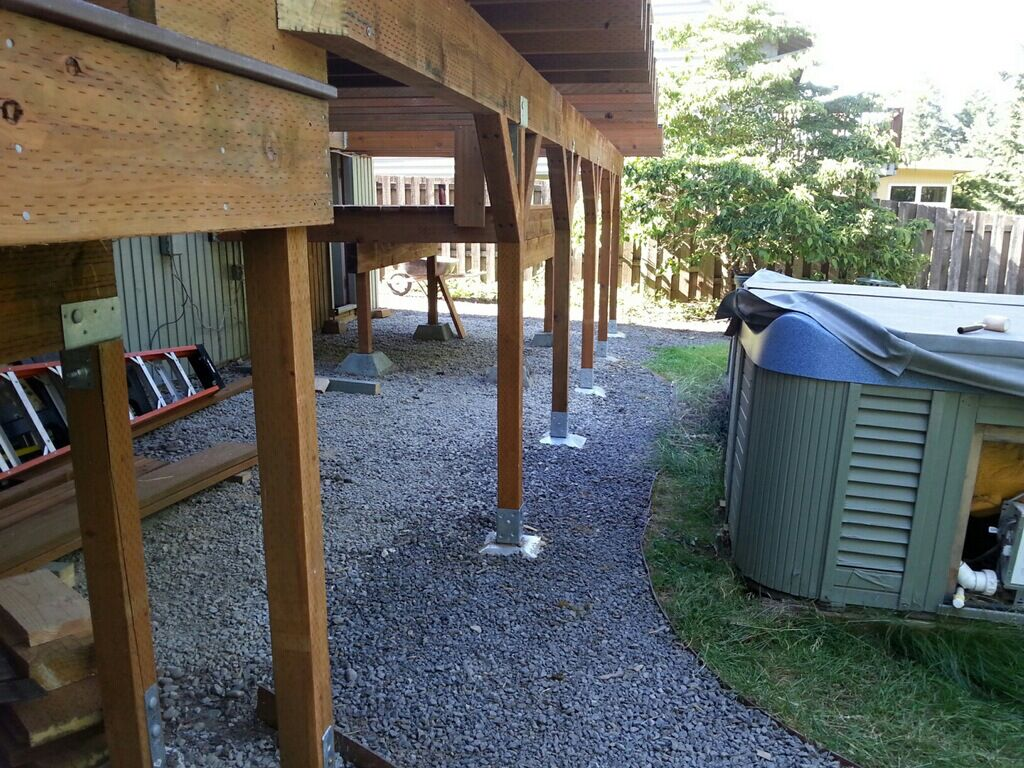
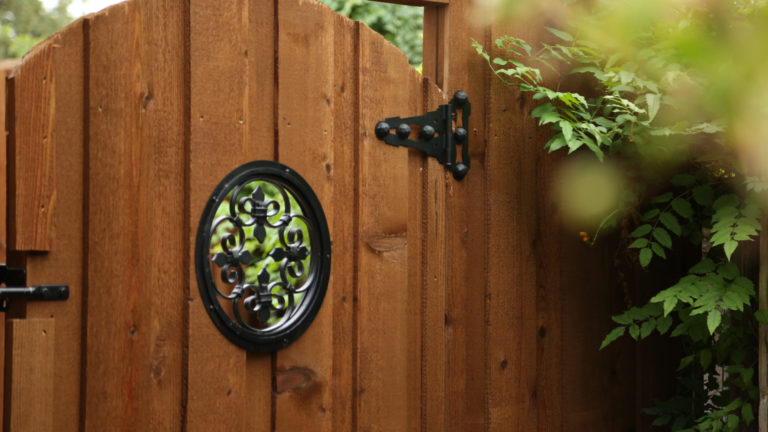

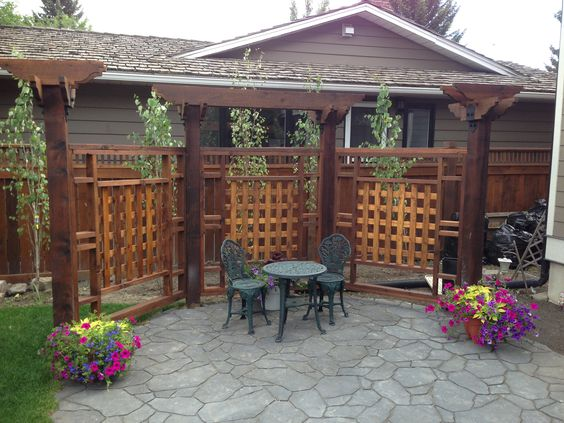

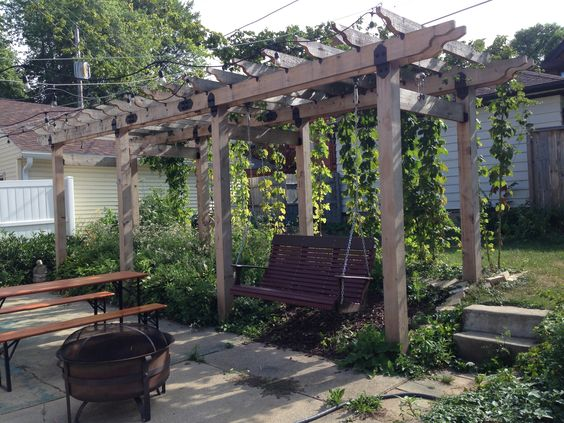
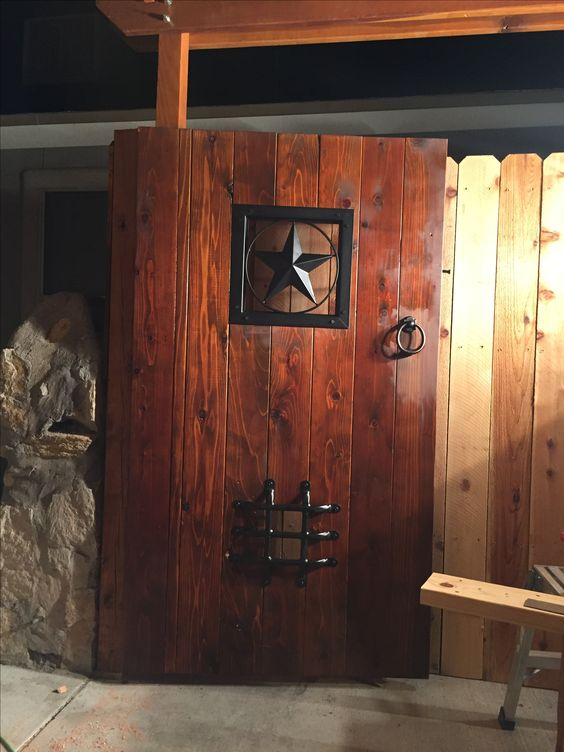

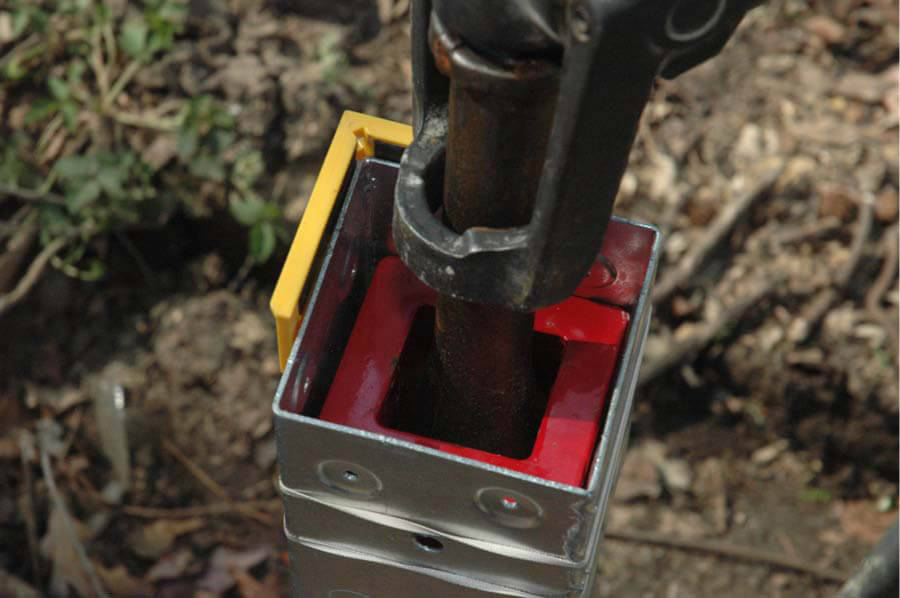
Comment (1)
Thanks a lot for the great tips!
Here’s another one. If your fence is susceptible or already suffering from rot, adding plants and flowers to your landscaping scheme is not a good idea. You’ll want to get those out of the way of the fence. The moisture that these plants need to survive is the same moisture, which can be deadly for your fence.